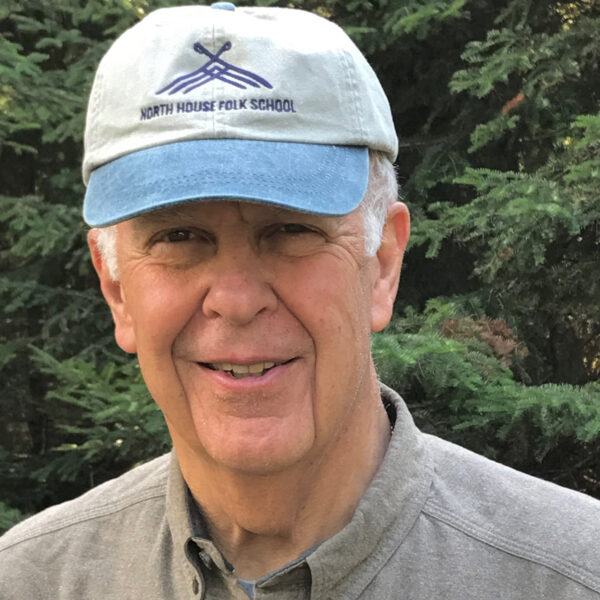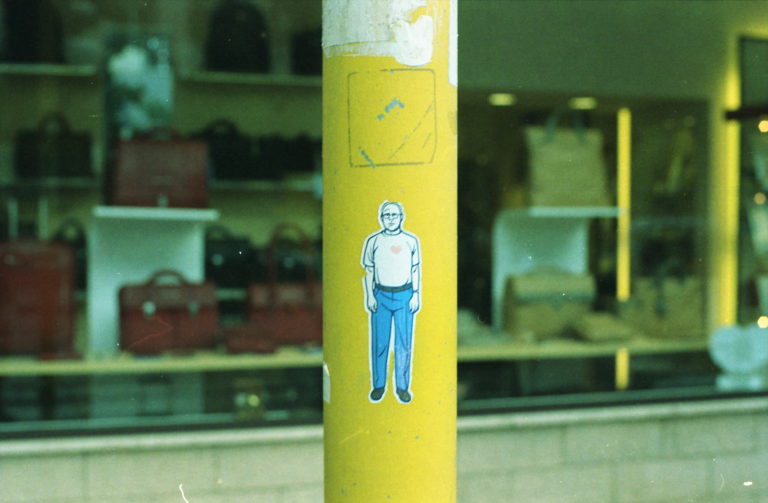Breathing New Life into “We the People”
A Charm Against the Language of Politics
by Veronica PattersonSay over and over the names of things,
the clean nouns: weeping birch, bloodstone, tanager,
Banshee damask rose. Read field guides, atlases,
gravestones. At the store, bless each apple
by kind: McIntosh, Winesap, Delicious, Jonathan.
Enunciate the vegetables and herbs: okra, calendula.(Excerpted. Read the full poem here.)
In this season of political madness, I’m grateful to have a “charm” against the language of politics. The “clean nouns” and “short verbs” Veronica Patterson prescribes can help the afflicted among us ward off the buffoonery and blathering, the racism and sexism and homophobia, the distortions and demonizing, the rhetorical cruelty, the cover-ups, the abysmal ignorance and flat-out lies that suck the marrow from our souls as the 2016 presidential marathon gains momentum. (Aside from that, I have no complaints about the campaign.)
A good poem speaks to our hearts as well as our minds. “A Charm Against the Language of Politics” ends by ministering to the disgust and despair many of us feel, advising us to “hole up for the duration.” But it’s a poem, not a guide to good citizenship, and I don’t intend to hole up. I want to stay engaged with the political process while keeping this poem in my pocket as an amulet to protect me against the evil spirits that prowl the public square.
Those evil spirits are intent on dividing us so deeply that there will be no more “we” in “We the People” — and thus no way for us to reach even a rough consensus on the common good to which we can hold our leaders accountable. Those evil spirits want to take us out of the action, neutralizing the people-power on which democracy depends by setting us against one another, creating a void that anti-democratic powers are more than eager to occupy.
Though much of our political discourse is toxic, “politics” itself is not a dirty word. It’s the ancient and honorable effort to come together across our differences and create a community in which the weak as well as the strong flourish, love and power collaborate, and justice and mercy have their day.

Yes, that’s a vision of politics that will never be fully achieved. But every time someone abandons that vision and turns to cynicism, democracy suffers one more wound in the death of a thousand cuts. Yes, Big Money is a Big Problem. But, as journalist Bill Moyers has said:
“The antidote, the only antidote, to the power of organized money in Washington is the power of organized people.”
Yes, the divide-and-conquer tactics deployed against us are powerful and unrelenting, but their success requires our collaboration. If we reject them in favor of Martin Luther King Jr.’s timeless vision of the Beloved Community, the tactics will fail.
Just as democracy can die a death of a thousand cuts, it can be given new life by a thousand acts of civility. As Wendell Berry reminds us, there are no big fixes to big problems, only a lot of little ones. Here are few ways we can play our small but vital roles in healing a wounded body politic.
1. Remember that “civility” in political discourse is not primarily about watching our tongues and minding our manners. It’s about valuing our differences, knowing that only through the creative conflict of ideas has the human race ever accomplished great things. Under the right conditions, all of us together are smarter than any one of us alone.
2. Understand that it’s more important to be in right relationship than it is to be right. This does not mean compromising your convictions for the sake of “niceness.” It means holding your differences with others in a way that can sustain dialogue over time, giving everyone a chance to speak, listen, and learn. The issues that divide us are complex; if we don’t hang in with each other long enough to sort them out we will never get anywhere near the best solutions.
3. Next time you talk with people who hold political beliefs that set your teeth on edge, turn from ire to inquiry. Ask them honest, open questions that allow you to learn something about their lives and help you understand why they believe what they do. The more you know about other people’s stories, the harder it is to dislike, distrust, or demonize them. Be prepared to tell your story, too.
4. If you’re active in a religious congregation, keep asking if it is truly safe for diversity. This means not only visible diversity but the invisible forms of “otherness” (from political persuasions to sexual orientations) that exist among people who look alike. Remember what the writer Anne Lamott once said:
“You can safely assume that you’ve created God in your own image when it turns out that God hates the same people you do.”
5. If you find yourself in a situation where someone is demeaning people who are “different,” don’t remain silent and don’t pick a fight. Say, very simply, “Those words are personally hurtful to me. I want to live in a world where we respect one another.” But say it only if you honestly feel connected with whoever is being demeaned because you know we’re all in this together.
Many of us believe that we are politically powerless, but that’s a lie told by those evil spirits. Obviously we have the power to vote, demonstrate, and actively support the candidates and causes of our choice. Equally, and perhaps more importantly, we have the power to resist the culture of hostility that’s gutting American politics — to act daily in ways that foster a culture of hospitality in which our humanity and our democracy can flourish. As author and activist Gregory Ellison II tells participants in his “Fearless Dialogues” project, “You can’t change the world, but at every moment, you can change what’s happening within three feet of you.”
Cultural change is slow, often vexing work that requires patience and hope. If we keep at it faithfully, day in and day out, all of us can contribute to the renewal of “We the People.” The “better angels of our nature” that Lincoln famously invoked have the power to breathe new life into us, our brothers and sisters, and democracy itself.


